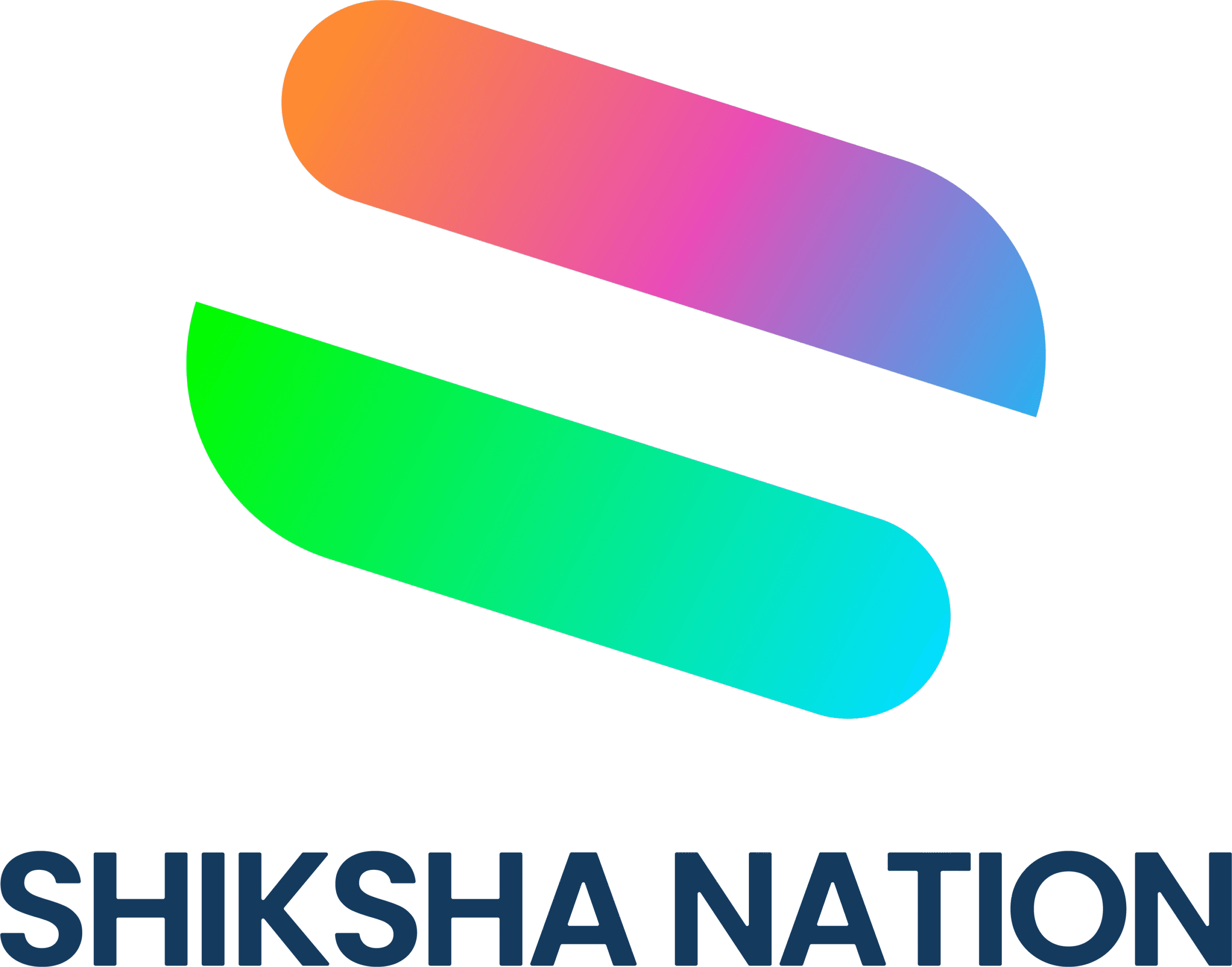How Micro-Credentials Are Changing Education
Education is evolving rapidly. Traditional degrees no longer meet the needs of today’s fast-changing job market. Learners want flexible, affordable, and practical ways to gain skills. Employers want proof of ability, not just qualifications. This shift has made micro-credentials an important part of modern learning.
These short-format programmes allow people to build skills quickly and stay relevant in a constantly changing world. They support career growth, help learners specialise, and make education more accessible.
What Micro-Credentials Mean in Today’s Education System
These short certifications focus on teaching one skill at a time. Students and professionals can learn topics like data tools, communication, design basics, AI fundamentals, or digital marketing without committing to long courses. Because the programmes are short and focused, they are ideal for busy learners.
Why Short Certifications Are Growing So Quickly
Several global trends explain their rise:
1. Skills change faster than traditional degrees
Industries update quickly, and new tools appear every few months. Short, focused courses help learners stay updated.
2. Flexibility matters more than ever
People now prefer self-paced, online learning. Short programmes easily fit into both academic and work schedules.
3. Employers are shifting to skills-first hiring
Companies directly assess what a candidate can do. Recognised short certifications provide clear evidence of ability.
4. They support easy career switching
Learners can begin a new career path without years of study or high costs.
5. They are affordable and accessible
More people can upskill without financial pressure.
How These Short Certifications Build Practical Skills
Most programmes include assignments, hands-on tasks, projects, and assessments. This makes learning practical instead of theoretical. Learners can immediately apply what they study, which increases confidence and job readiness.
These programmes also allow learners to showcase their new skills on resumes, portfolios, and LinkedIn.
Stackable Skill Pathways
Many short certifications can be combined to build deeper expertise. This approach is called stackable learning. For example, someone aiming to become a data analyst might complete separate modules in:
-
Excel
-
SQL
-
Power BI
-
Python
-
Data projects
Step by step, this becomes a complete learning journey.
Short Certifications in Universities and Institutions
Colleges and universities worldwide are integrating these short programmes into their existing degrees. Students can graduate with academic knowledge and career-ready skills. This makes them more competitive in the job market.
Widely Recognised Platforms Offering These Certifications
Some well-known sources include:
-
Google Career Certificates
-
IBM SkillsBuild
-
LinkedIn Learning
-
AWS Cloud Pathways
-
Coursera and edX professional series
These options are trusted by employers worldwide.
Benefits for Learners
✔ Fast upskilling
Learners can grow professionally without waiting months or years.
✔ Applied knowledge
Assignments and tasks build confidence and improve performance.
✔ Better job opportunities
Multiple certifications show initiative and adaptability.
✔ Strong portfolios
Projects completed during training help during interviews.
Benefits for Employers
Companies benefit too:
-
Hiring becomes easier
-
Training costs reduce
-
Teams learn faster
-
Skill gaps close quickly
Short, focused learning keeps teams updated and efficient.
Why This Model Is the Future of Learning
As industries evolve, continuous learning becomes essential. People will constantly update their skills through bite-sized certifications. Instead of relying only on degrees, resumes will include several short achievements and project-based proof of ability.
This new approach supports a more adaptable and skilled workforce.
Conclusion
The rise of micro-credentials is changing education by making learning more accessible, practical, and aligned with modern careers. These short, focused programmes allow learners to stay relevant and grow professionally. In a world where skills change quickly, they offer a powerful path for continuous improvement.
They are not just a trend — they are shaping the future of learning.
Also Read: AI Tools for Students 2026: Top 5 You Must Know



